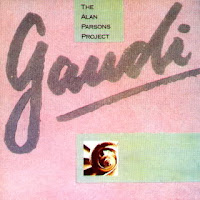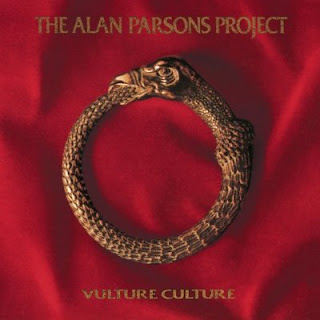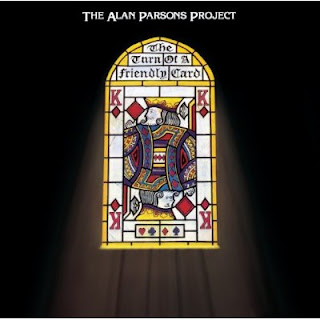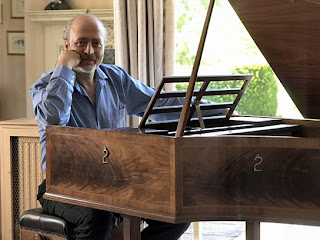 Nice, Nice, Very Nice
Nice, Nice, Very Nice
4 Out Of 5 Stars  Ambrosia
Ambrosia started life as a prog-rock band with classical leanings, and art-intellectual enough to make a chorus of one of their better songs a lift from a Kurt Vonnegut novel. Then they even gave the author a composer's credit on said song ("Nice Nice Very Nice"), for which Vonnegut sends the band a delightful thank you note, which is reproduced in the CD booklet. Their second album, "Somewhere I've Never Traveled," was produced by legend Alan Parsons and was nominated for an engineering Grammy. The album cover was even designed to fold into an elaborate pyramid. By their third album, "Life Beyond LA," Ambrosia had jettisoned the overtly prog-arty portion of their sound, tightened up their sound considerably, lost founding member Chris North, and hit on the formula for massive mainstream success.
"
Life Beyond LA" also found singer David Pack breaking ranks with the band's old style and writing the pop ballad "How Much I Feel." It was totally unlike anything the group had recorded to that date and pushed pack to the front of the band. What is most interesting is how the tightened sound on "Life Beyond LA" seemed to be edging Ambrosia more towards the enigmatic feel of Steely Dan, with both the title track and "Angola" from this collection highlighting this move. Still, a number three pop ballad will tend to make a band feel cornered, which is what happened next.
When the album "One Eighty" appeared, Ambrosia appeared on the cover in a very stylized group photo, and the first single was yet another soft-pop ballad. "The Biggest Part of Me" hit number two on Billboard and the follow-up, "Your The Only Woman" reached the top twenty. Chris North had returned to the band, but Ambrosia was now firmly entrenched in the kind of soulful pop The Doobie Brothers were making. It's not by accident that Michael McDonald and David Pack had become friends in this time (and the two bands toured together); Pack and McDonald sing together on "I Just Can't Let Go," a bonus track on this anthology.
Back to their original four-man line up, Ambrosia tried to break out of this box by recording the harder rocking "Road Island." Along with a cover by the always demented Ralph Steadman (of "Fear and Loathing In Las Vegas" fame), and is a significant move back toward rocking. "Still Not Satisfied" is the sole song from that album included and this time bassist Joe Puerta sings the lead. (It should be noted that Joe often took lead on Ambrosia songs and the band has always had excellent harmonies). However, by now the public that had pegged the band as pop-stars found something as solid as "Kid No More" (my favorite song from "Road Island" and not included here) too heavy for their interests. "Road Island" flopped and Ambrosia parted ways soon after.
There are three bonus tracks here, the newly recorded "Mama Don't Understand" and "Sky Is Falling" along with the remixed and somewhat re-recorded "I Just Can't Let Go," which originally appeared on David Pack's lone solo album. The band again sounds like they've taken league with latter day Doobie Brothers on these, and they are good tracks. Pack has distinguished himself as both vocalist and producer, while Joe Puerta became the bassist for Bruce Hornsby and The Range. And while they may never create anything as cinematicaly ambitious as "Cowboy Star" or as soulful as "How Much I Feel" again, this collection of songs shows
Ambrosia to be a great band that didn't get the creative credit they deserved in their prime.
 Time, rolling like a river,
Time, rolling like a river, 













